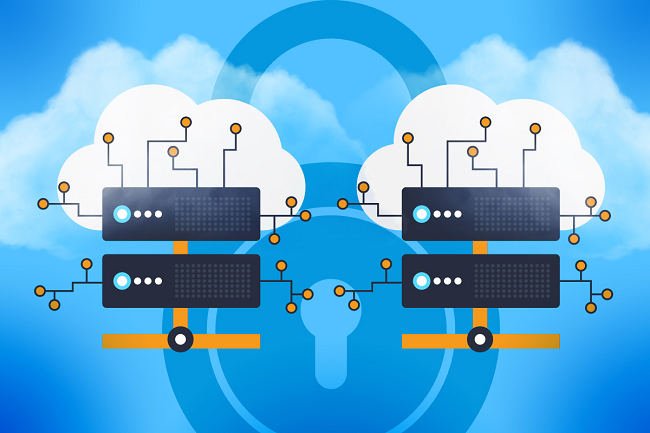I.T systems are essential for the success of any business today. However, such business systems are vulnerable to a host of security issues, which are often evolving. The challenge for business owners is that such threats are many, and tracking them is often not easy.
Luckily, you can be better positioned to track these cybersecurity issues when you have insight into the common security issues. You won’t have to worry about your company Facebook account being compromised or your systems being attacked. These can include:
1. Firewalls or NGFWs with Intrusion Protection
These systems are developed to track incoming and outgoing network traffic. These systems will choose whether to allow specific operations on a network. Sometimes these systems feature advanced analysis protocols to help gauge the presence of such threats.
It’s the first line of defense for various organizations and is easy to set up for security applications. A powerful next-generation system should reduce the risk of exposure by up to 100%. Realize that expecting 100% from such business systems is familiar mistake business owners make.
Next-generation firewalls are robust, and you should realize that most attackers develop attacks to be invisible to the most advanced firewalls. Consider using these systems with a multilayered approach for the best results.
2. DNS(Domain Name Systems) Security Systems

A DNS is available for each connection your business makes to the internet, including using the cloud. One of the most popular procedures in this process would be universal and is one of the first steps a system performs from a security perspective.
The ability to safeguard communications early during this process is crucial, regardless of the device involved in the communication is essential. The benefit of a good DNS system is that it ensures the system users share secure communications each time.
Several modern businesses are prone to DNS server security issues. That’s because such companies only own a few DNS services. Such cases make such companies vulnerable to attacks such as large amounts of traffic leading to system crashes.
3. Endpoint Protection Solutions
These include anti-virus and malware protection systems that help protect your systems from various types of threats. Usually, they work by preventing entry of entry threats, and they track every system operation on your business network.
Virtual Private Networks also fall into this category and are excellent for securing communications in networks. Some VPNs are also powerful and can detect any malware or ransomware software.
It’s software that also gives the system administrator the ability to approve the specific devices that can access the system software. The VPNs help boost the EDR systems by encrypting the data stream traffic originating from a particular device.
4. Cloud System Security Options

By storing data to a cloud system, a business can leverage various high-end security systems conveniently. Cloud-based security allows the company to access these high-end systems without having to set aside infrastructure.
Cloud-based solutions are also excellent because they require no hardware and software products. That benefits make the system easy to deploy and scale relative to the goals of the business. It’s also highly affordable than hosting a cloud system through business systems.
Remember that cloud-based solutions are not resistant to attack; thus, consider investing in your preferred service package your select service has to offer. Some regulations such as the HIPAA and PCI are sometimes strict – so ensure you do thorough research before investing in cloud services.
5. E-mail Gateway Security Solutions
Attacks that come from ransomware and malware are still common. These attacks continue to change over time, and e-mail often serves as the primary vector for downloading such malicious products to your device.
Using a secure e-mail gateway system helps improve the ability of your staff members and clients to communicate safely. And since we already mentioned regulations such as HIPAA and PCI, it is essential to know how to make Gmail HIPAA compliant. Before investing in a particular type, ensure that it can detect malicious URLs, scam e-mails, code, and more.
Remember that user training is an essential aspect of using such systems and e-mail platforms in general. The training helps improve your staff’s awareness of the common threats and negligence issues to avoid.

